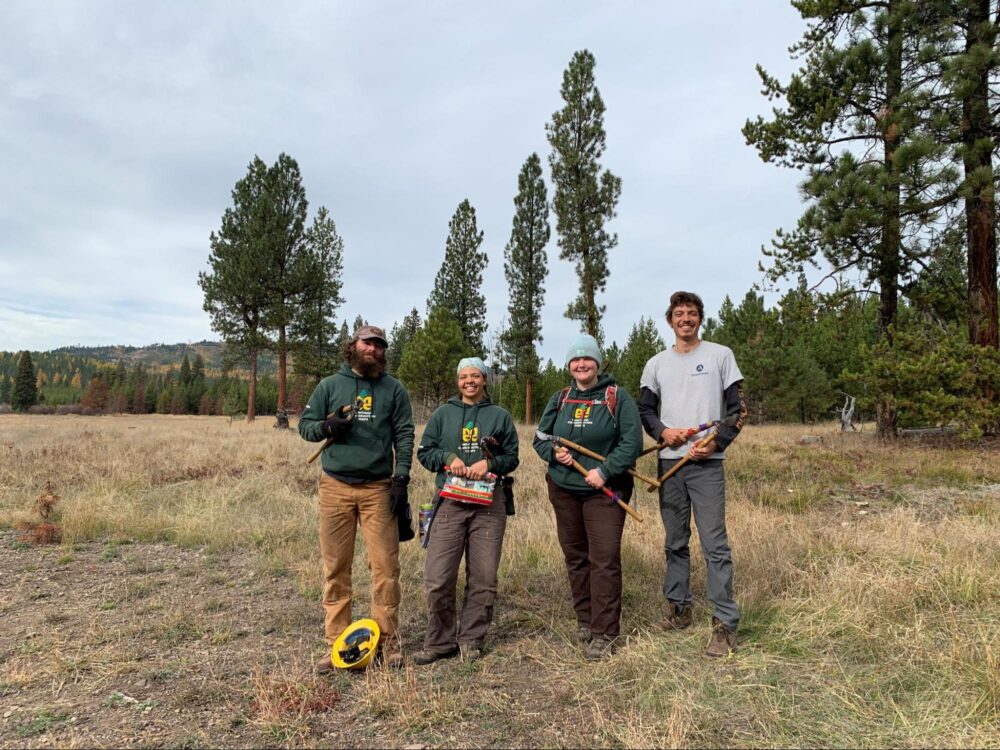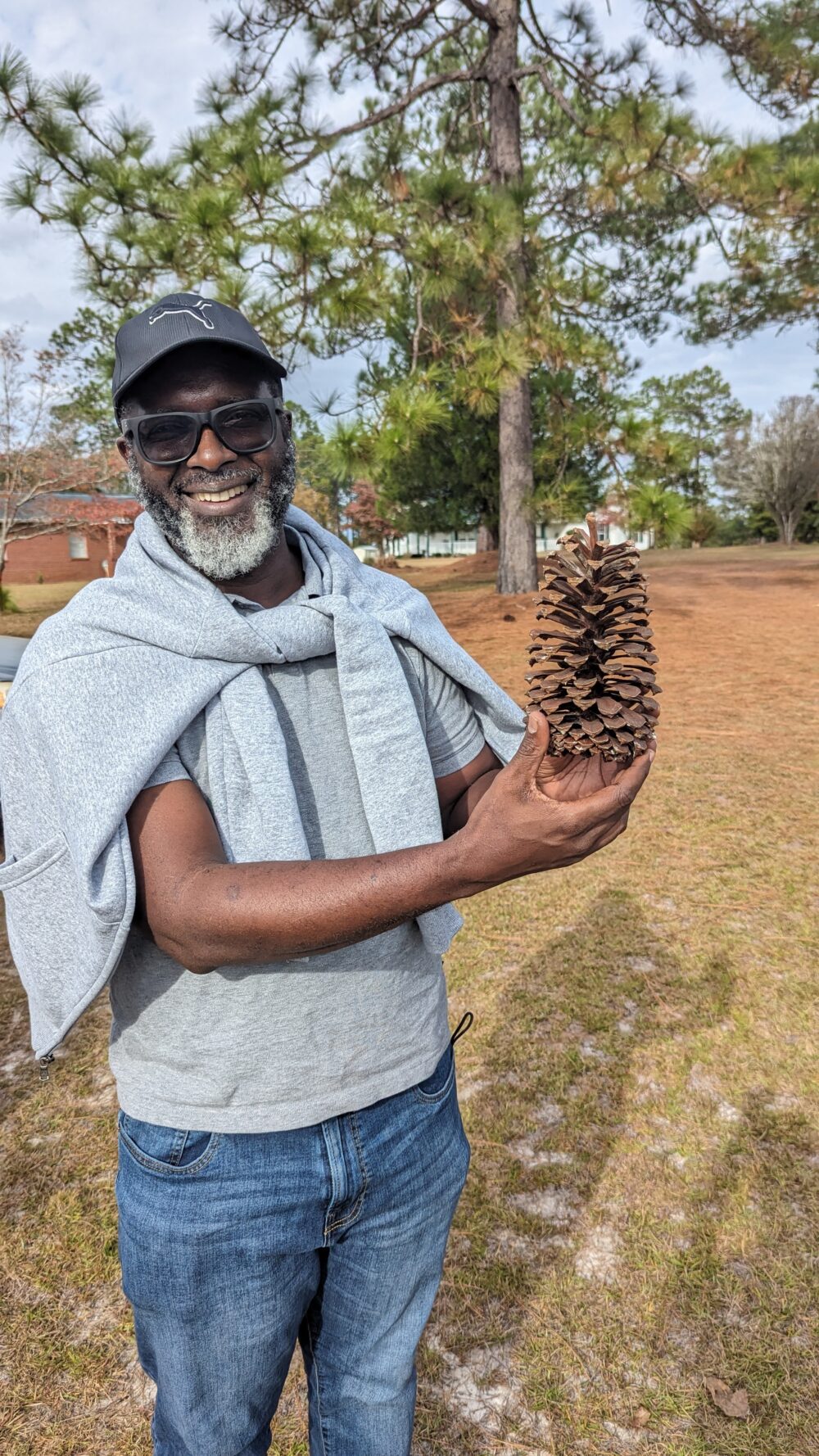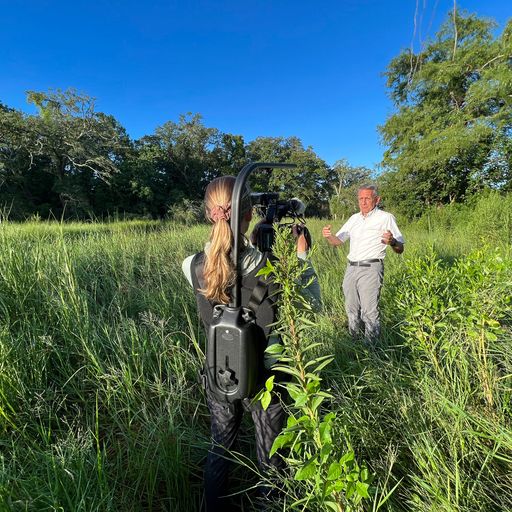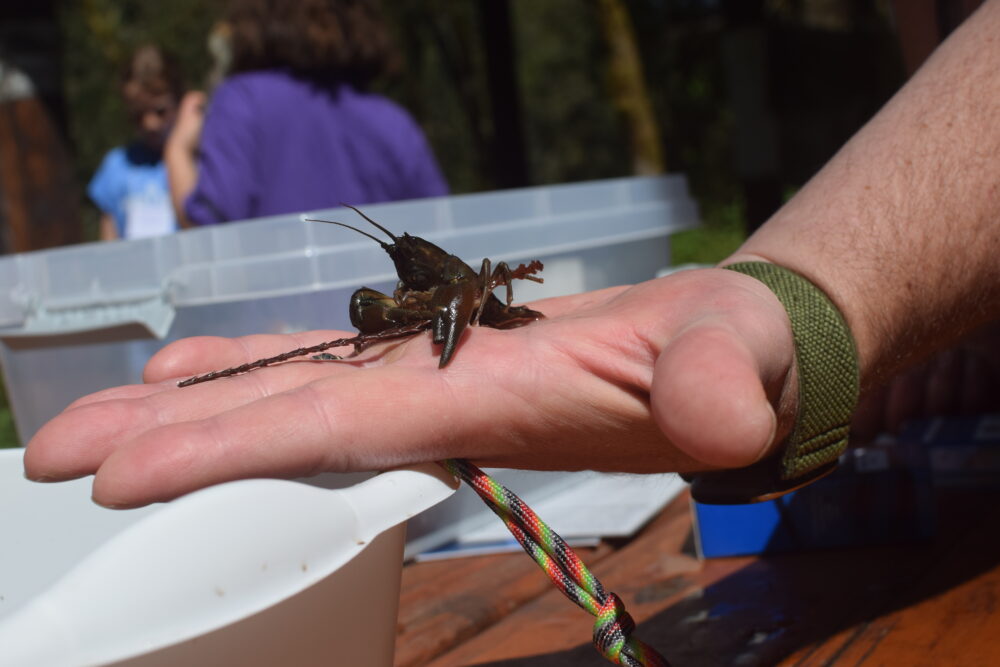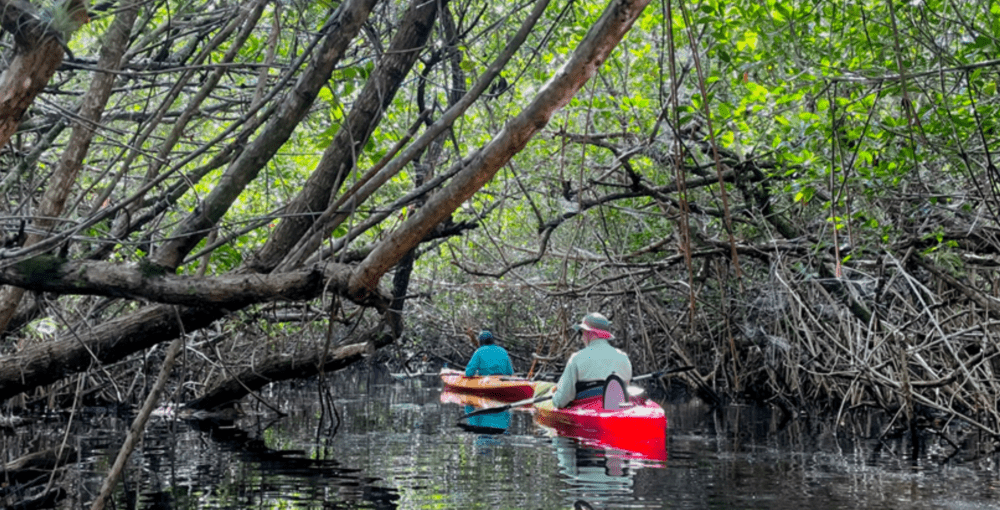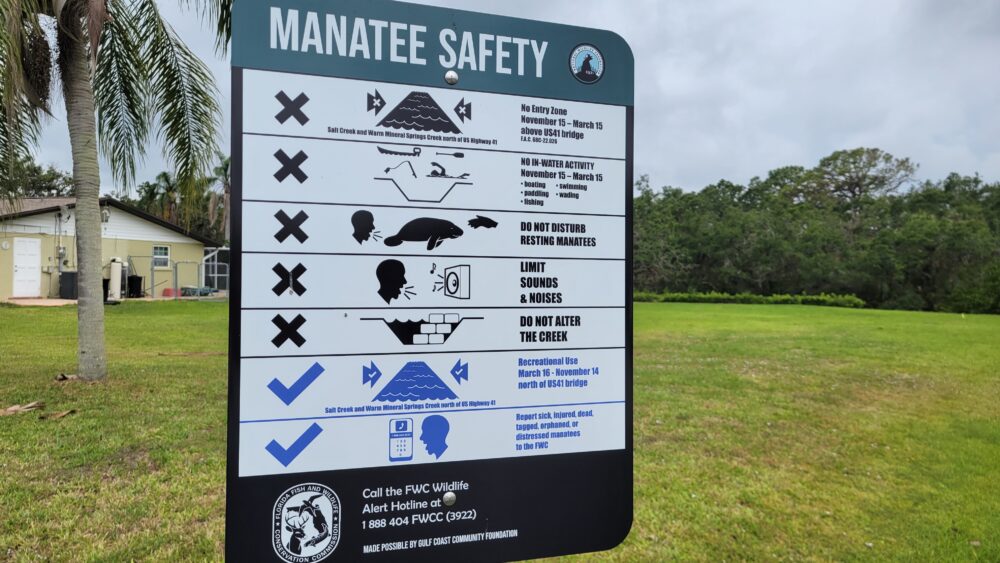We have much more to do and your continued support is needed now more than ever.
Capps Amendment Protects People and Wildlife from Harmful Mercury Pollution

A press conference was held on Capitol Hill today in support of an amendment to the House Environment and Interior Appropriations bill that would protect people and wildlife by striking a rider in the bill that delays the Environmental Protection Agency’s ability to limit mercury and other harmful air toxics emitted from power plants.
The amendment, introduced by Representative Lois Capps (D-CA) would allow the EPA to set standards for dangerous air pollution that will save thousands of lives each year and reduce 90% of mercury that is emitted from coal fired power plants.
Mercury is a particularly harmful air toxic because it settles from the air onto our lakes, rivers and forests, polluting the environment and accumulating up the food chain as fish and wildlife consume the contamination.
Please call your Representative at 1- 202-224-3121 and tell him or her to vote “YES” on the Capps amendment to H.R. 2584, the House Interior and Environment Appropriations bill.

Mothers in Congress spoke at the event, including Rep. Lois Capps, Rep. Doris Matsui (D-CA), Rep. Debbie Wasserman Schultz (D-FL), and Rep. Jan Schakowsky (D-IL). All expressed concern about the effects of mercury on children and women of child bearing age. Mercury is especially dangerous to children and developing fetuses; exposure affects a child’s ability to walk, talk, read, write and learn.
The EPA is currently accepting public comments on a proposed rule to limit mercury and air toxics from power plants. The public has been largely supportive of this rule. EPA Deputy Administrator Bob Perciasepe noted that since March, the EPA has received over 800,000 comments from across the country in support of regulating these harmful emissions.











